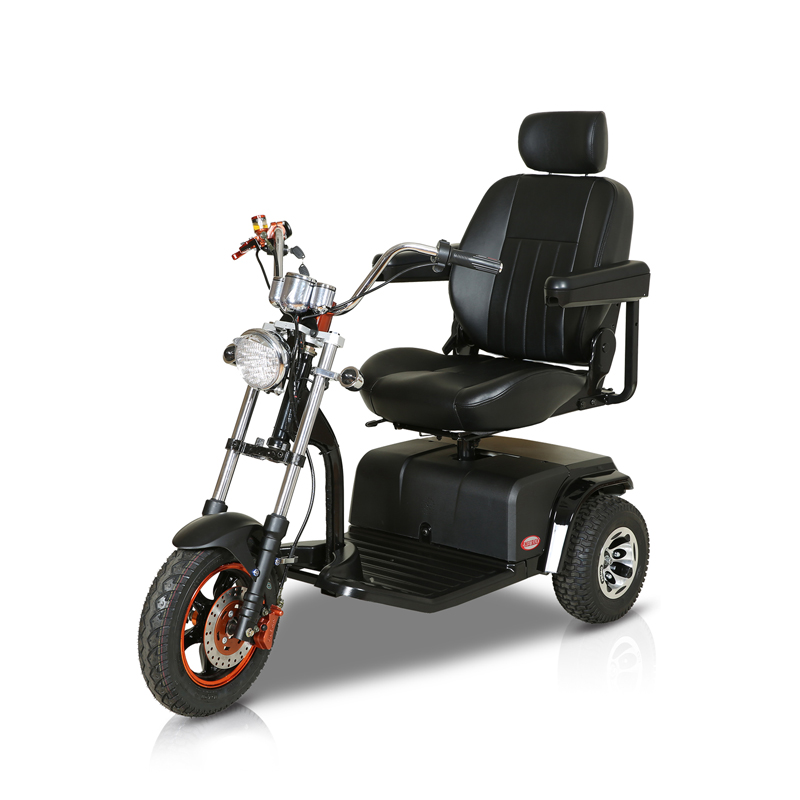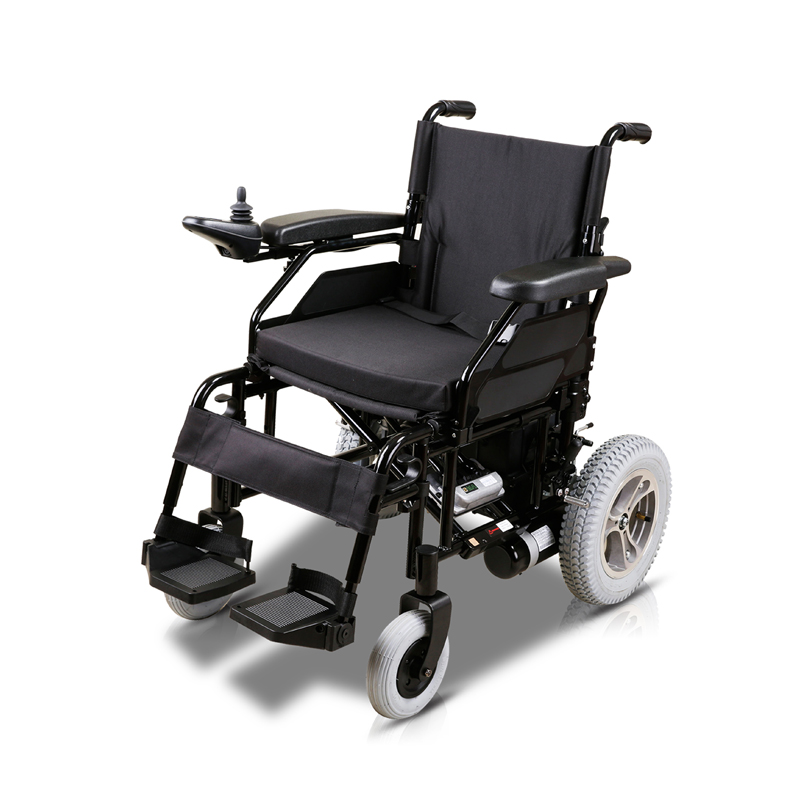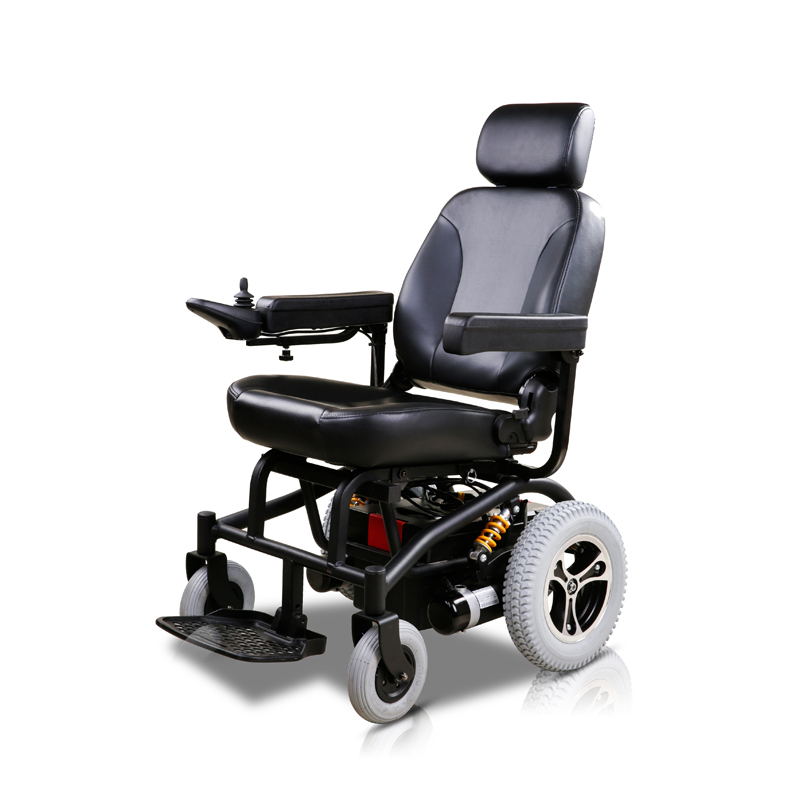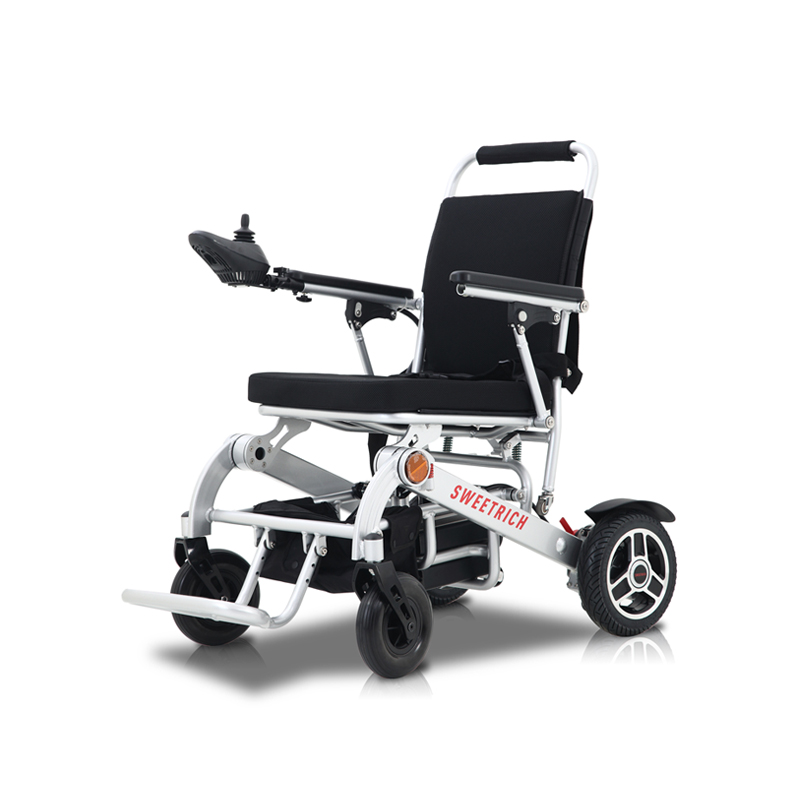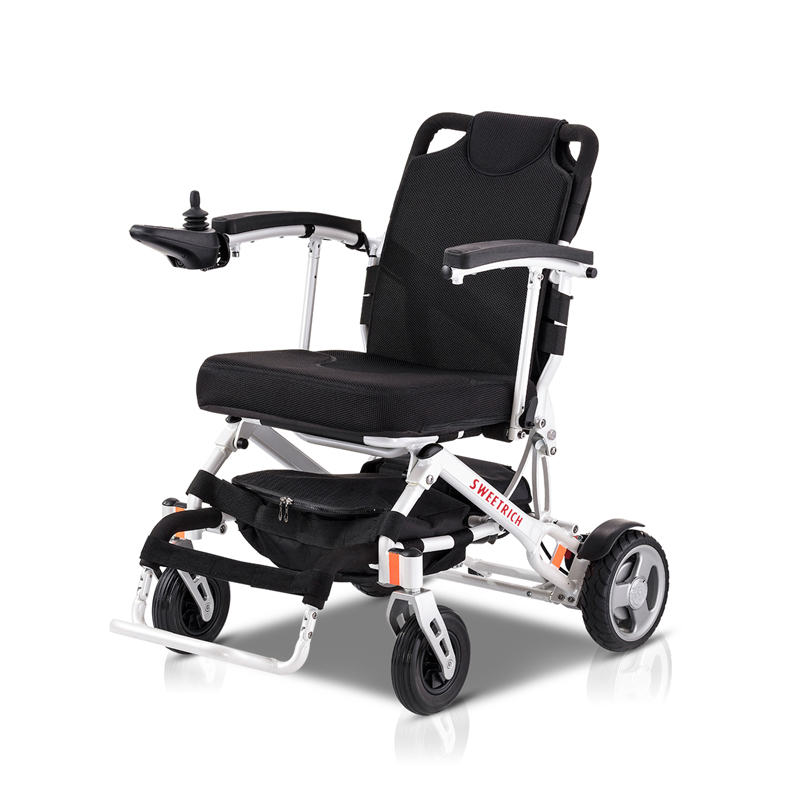In today’s personal mobility market, the Travel Scooter Factory is embracing innovations in lightweight materials, intelligent automation, and robotics to produce scooters that offer both portability and durability. Optimizing materials without compromising structural integrity is essential, while automation enhances production speed, precision, and quality control. By combining these approaches, manufacturers can deliver scooters that meet consumer expectations for reliability, convenience, and efficiency, while supporting scalable and environmentally conscious operations.
Material selection is critical for balancing portability and performance. Advanced alloys, reinforced polymers, and hybrid composites help reduce scooter weight while maintaining mechanical strength. Aluminum frames, carbon-fiber reinforcements, and bio-based plastics provide sufficient rigidity for foldable or portable models while minimizing overall mass for easier transport. These lightweight designs must endure repeated folding, impacts, and daily use, requiring precise control over material properties and manufacturing processes.
Intelligent robotic systems further support high-quality production. Articulated robots equipped with torque-controlled end effectors assemble frames, fasteners, and electronic components with consistent accuracy, reducing variability from manual processes. Machine vision and sensor-based inspection systems verify alignment, surface finish, and structural integrity in real time, identifying deviations such as misaligned wheels or frame imperfections. Integrating robotics with vision technology ensures precise assembly and consistent quality across various scooter models, even when production lines include custom or lightweight components.
Automation also improves operational efficiency and worker safety. Components move through robotic pick-and-place units and conveyor systems, minimizing handling errors and protecting delicate parts such as battery modules or control circuits. Human operators can focus on process supervision, maintenance, and quality assurance while repetitive or physically demanding tasks are handled by automated systems. This approach enhances throughput, reduces labor-related inconsistencies, and maintains a safe production environment.
Adaptive control systems enable dynamic responses to material or environmental variations. Lightweight frames or hybrid materials may behave differently under torque or thermal stress, and automated systems adjust pressure, welding parameters, or torque in real time to maintain assembly quality. These adaptive processes are essential for producing scooters that are portable yet durable, ensuring reliability under repeated folding, daily use, and outdoor conditions.
Predictive maintenance and data-driven monitoring further enhance factory performance. Sensors and control platforms provide continuous feedback on machine health, assembly precision, and component stress. By analyzing this data, engineers can prevent equipment issues, optimize production parameters, and reduce downtime. Simulation models and digital twins allow manufacturers to virtually test production adjustments, further improving efficiency while maintaining high quality and safety standards.
Sustainability and resource optimization are integral to modern travel scooter manufacturing. Automation reduces material waste through precise cutting, forming, and assembly, while energy-efficient robotic systems lower power consumption. Combining lightweight, durable materials with intelligent production technologies enables factories to produce scooters that are easy to transport, reliable in daily use, and aligned with environmental objectives.
Sweetrich combines lightweight material optimization with intelligent automation and robotics to achieve a balanced approach to travel scooter production. Each unit benefits from precise assembly, robust structural performance, and consistent quality, while production efficiency and sustainability are enhanced. These innovations allow manufacturers to meet the growing demand for portable, reliable, and well-designed travel scooters, addressing consumer needs and supporting forward-looking manufacturing practices.

